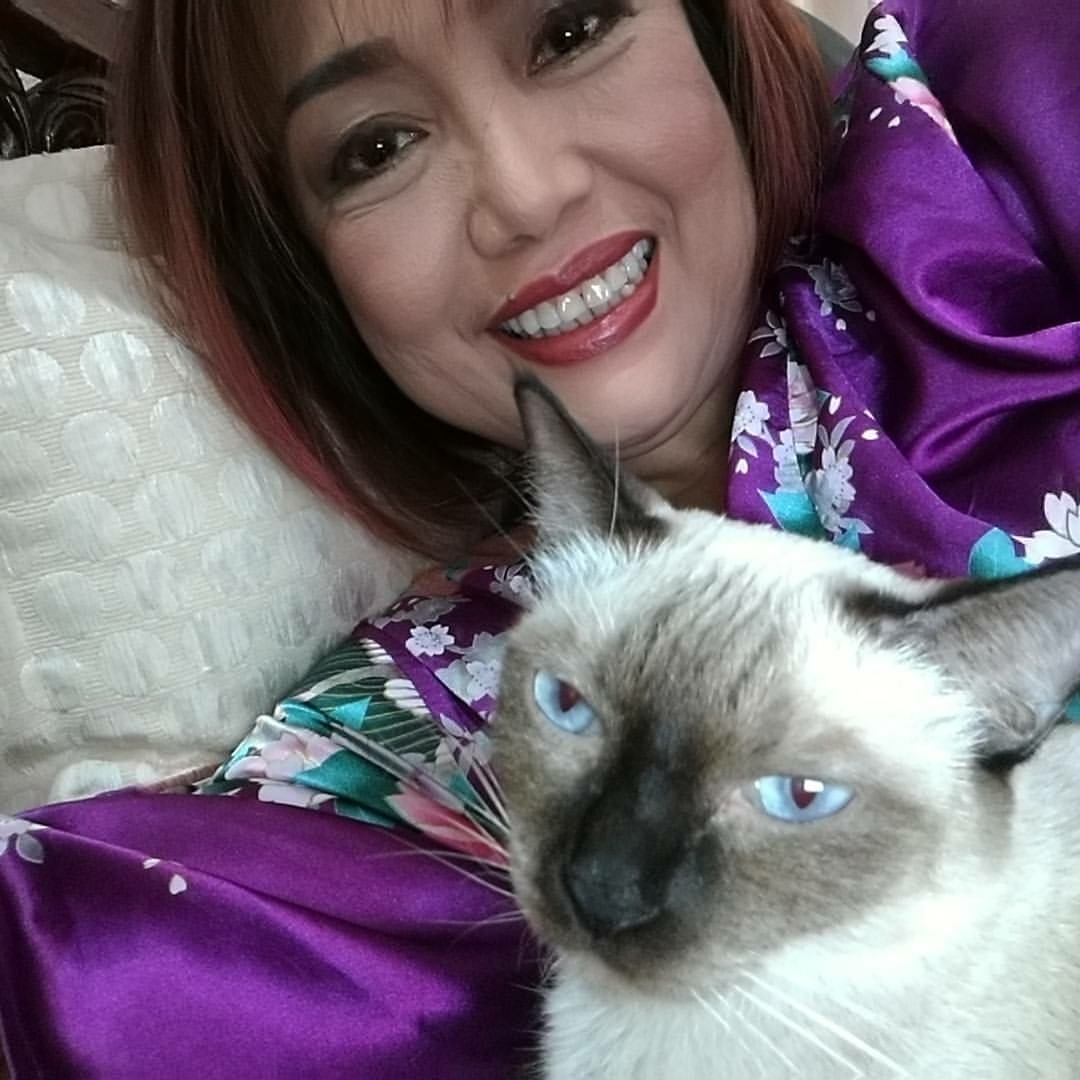
The house is quiet in a way I don’t quite know what to do with. My chest feels heavy. Missy, my Siamese with those bright, curious blue eyes, has crossed the Rainbow Bridge after seventeen years by my side. She wasn’t just a pet. She was company, comic relief, and a calm old soul wrapped in soft cream fur.





